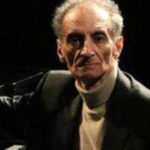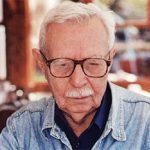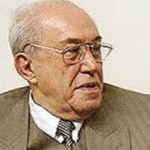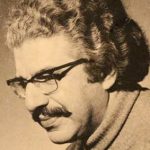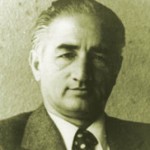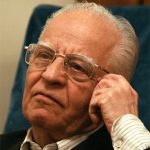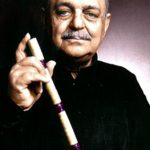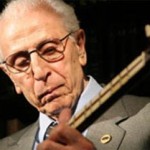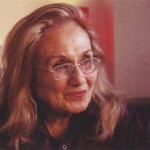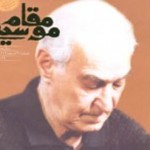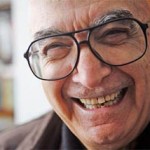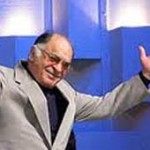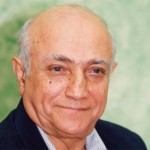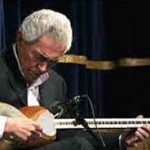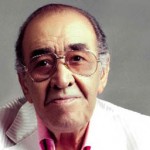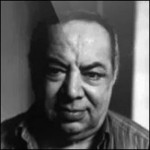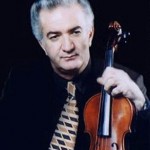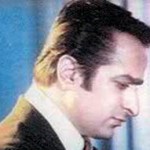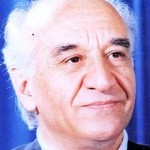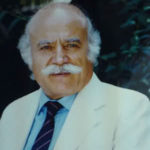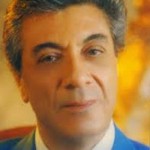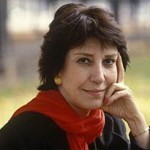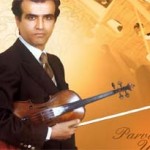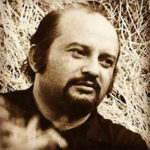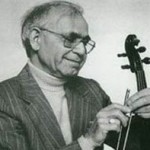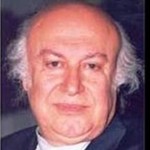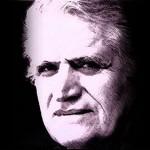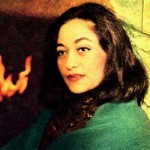
Ashraf o-Sadat Mortezaie (1924 – 2010), known professionally as Marzieh, was a Tehran-born singer of Persian traditional music. Marzieh started her career in the 1940s at Radio Tehran and cooperated with some of the greatest 20th century Persian songwriters and lyricists like Ali Tajvidi, Parviz Yahaghi, Homayoun Khorram, Rahim Moeini Kermanshahi and Bijan Taraghi. Marzieh also sang with the Farabi Orchestre, conducted by Morteza Hannaneh, a pioneer of Persian polyphonic music, during the 1960s and 1970s.
Following the “Islamic Revolution” of 1979 public performances and broadcasts of record albums by solo female singers were banned outright for ten years. In 1994 she left Iran making her new home in Paris. She performed several concerts in Los Angeles, California and Royal Albert Hall (London) in 1993, 1994 and 1995. The Paris-based composer Mohammad Shams and the Persian tar soloist Hamid Reza Taherzadeh were the main musicians who worked with Marzieh in exile.

